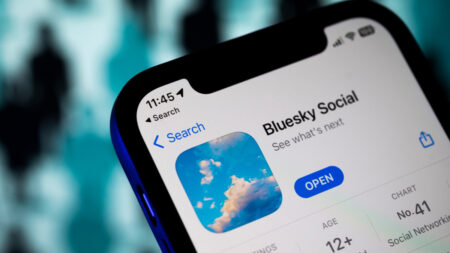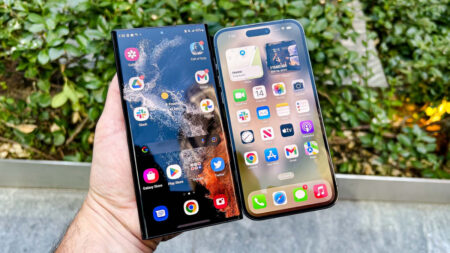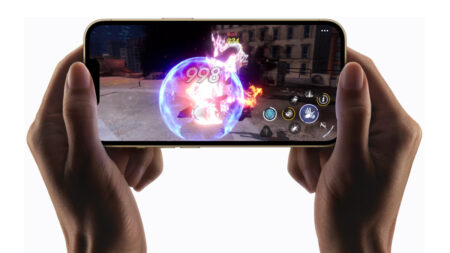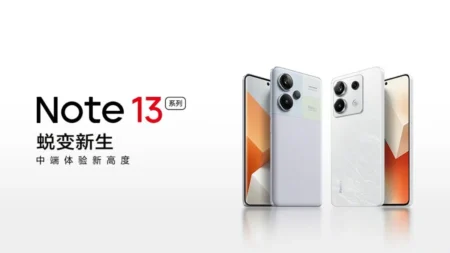According to academics, the amount of time a person spends on different smartphone apps is enough to distinguish them from a broader group in more than one-third of cases, with serious consequences for security and privacy.
780 people’s smartphone data was analyzed by researchers from the Universities of Lancaster and Bath.
They used statistical models to analyze data from 4,680 days of app usage. Each of these days was assigned to one of the 780
users, allowing the models to learn about their daily app usage habits.
The researchers then examined whether models could identify a person using only a single day of anonymous smartphone behavior that had not yet been matched with a user.
“Our models, which were trained on only six days of app usage data per person, could correctly identify the proper person one third of the time from a day of anonymous data,”
said David Ellis of the University of Bath.
While this may not appear to be much, when the models predicted who the data belonged to, they could also produce a list of the most to least likely choices.
As a result, the researchers warn that software with access to a smartphone’s routine activity recording could make a fair guess about a user’s identity even if the user was signed out of their account.
With no surveillance of discussions or behavior’s within apps, identification is possible.
On a daily basis, we discovered that consumers had regular patterns in their programmer usage, such as utilizing Facebook the most and the calculator app the least.
“We also showed that two days of smartphone data from the same person revealed higher similarity in app usage patterns than two days of datafrom different people,”
Lancaster University’s Heather Shaw noted.
As a result, the researchers warn that software with access to a smartphone’s routine activity recording could make a fair guess about a user’s identity even if the user was signed out of their account. With no surveillance of discussions or behaviors within apps, identification is possible.
As a result, it’s critical to recognize that app usage data, which is frequently collected automatically by a smartphone, has the ability to reveal a person’s identify.
While this type of data provides new options for law enforcement, it also poses a risk to privacy if it is mishandled.
“In practice, a law enforcement investigation seeking to identify a criminal’s new phone based on information of their prior phone use may narrow a potential pool of about 1,000 phones to 10 phones, with a 25% risk of missing them,” said Lancaster University’s Professor Taylor.
From ordering meals to tracking your sleep to checking in for a flight, smartphone apps are mostly designed to make users’ lives easier.
With a greater reliance on these digital apps comes heightened concerns about data privacy, especially at this point in the ongoing COVID-19 pandemic,
when more states are requiring confirmation of vaccination to access restaurants, movie theatres, and other entertainment facilities.
People should be concerned about the privacy of the apps they use for a variety of reasons, including apps that collect health information.
Many apps, for example, include software development kits (SDK), which are pieces of code that allow businesses to collect data and share it with third-party applications.
According to Hoffman, Facebook has been in the news due to privacy concerns because the platform has a widely disseminated SDK that goes into a variety of different apps and pulls user information without people realizing it.
Edited by: Mahi Gupta
Published by: Pawan Rajput












